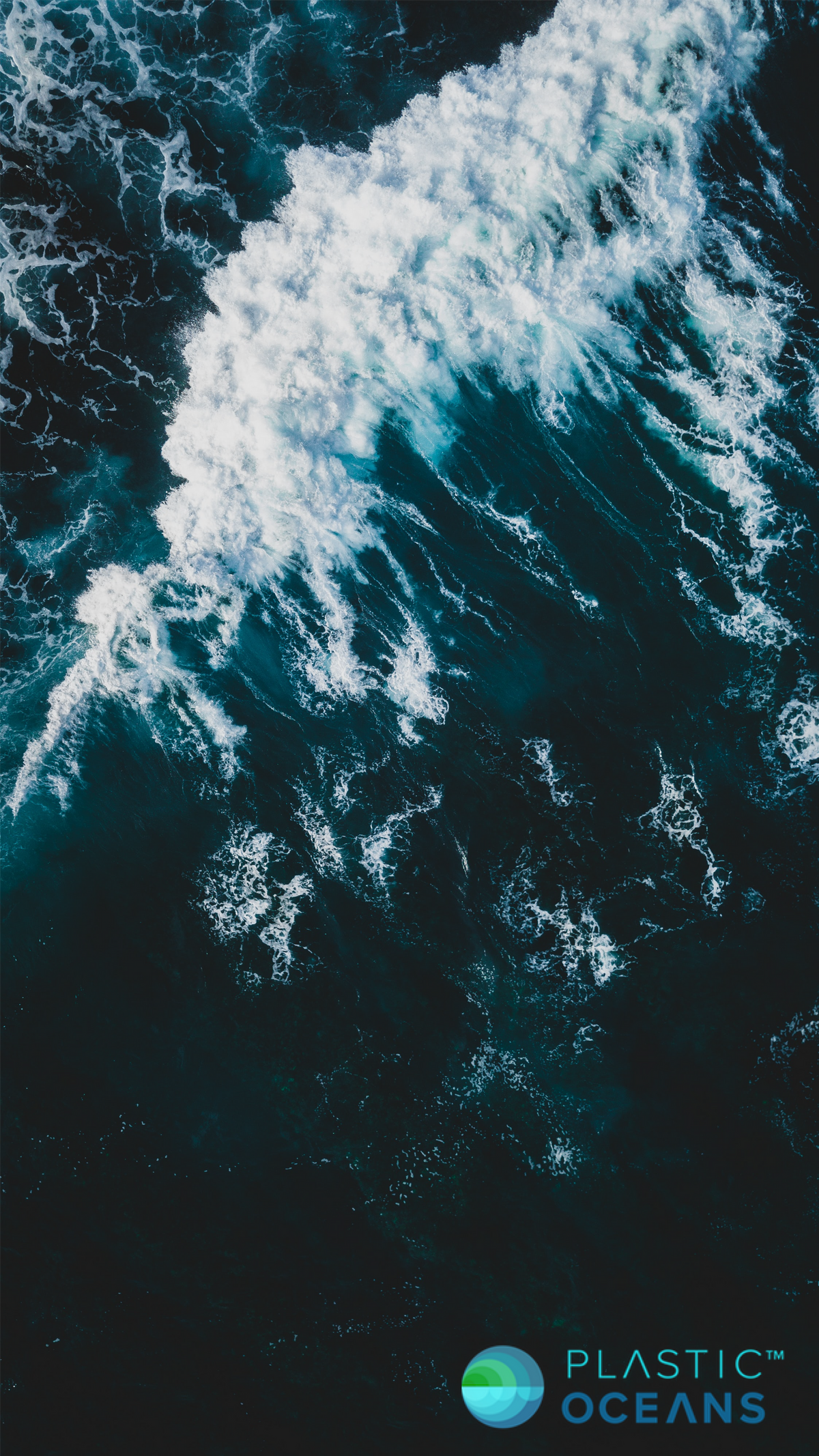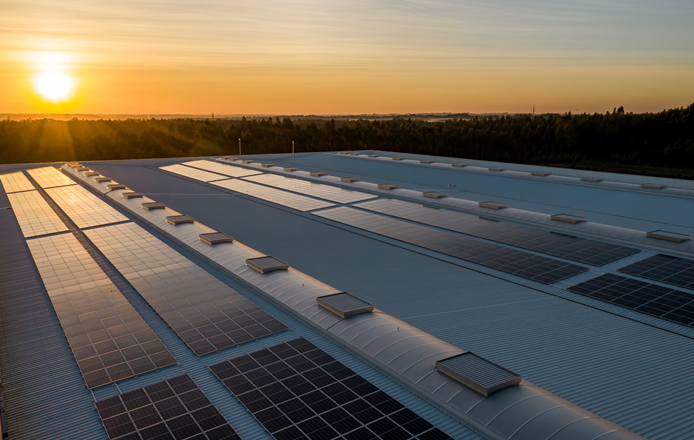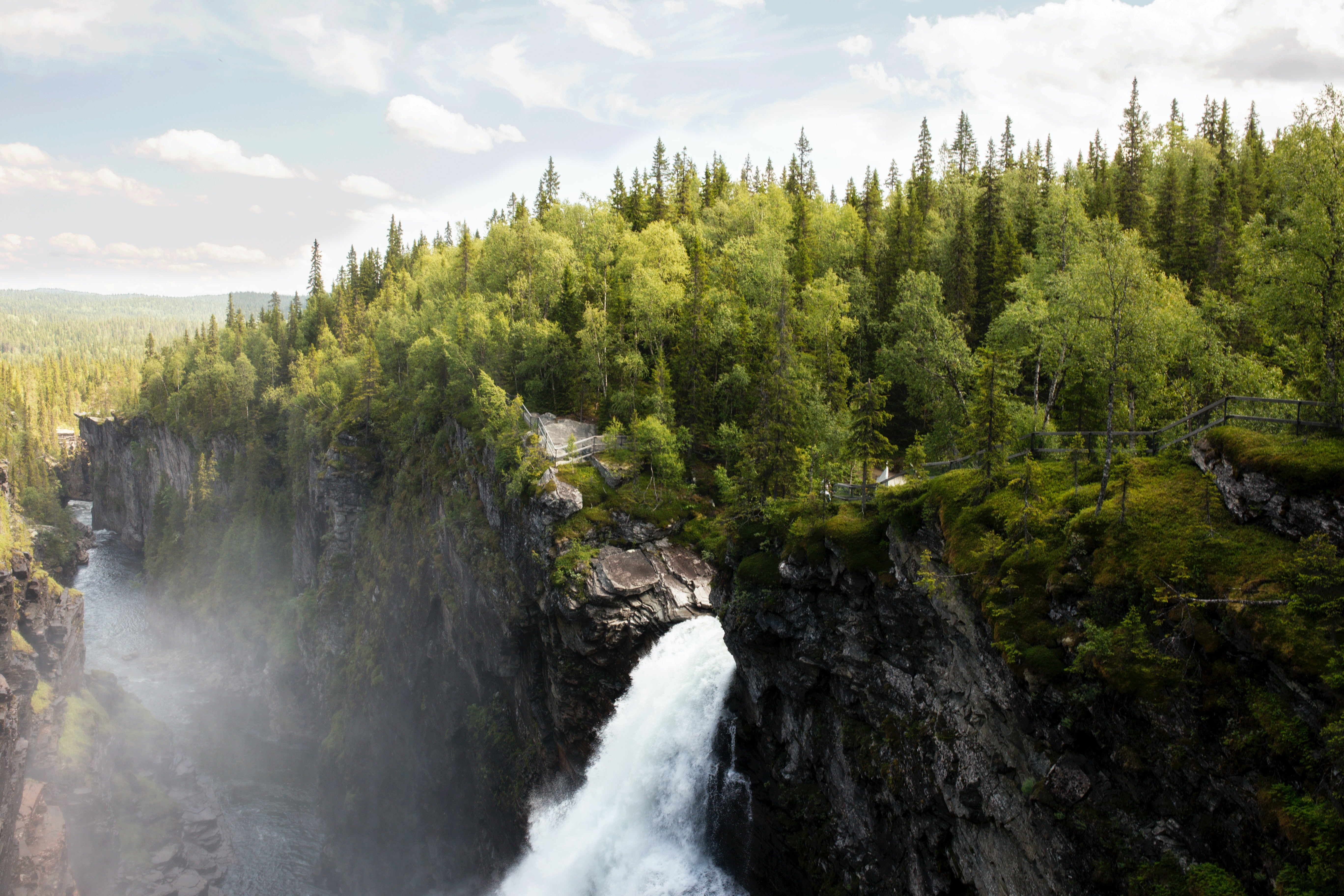SUSTAINABILITY With insulation
SUSTAINABILITY With insulation
It is estimated that an average of 1.31 billion plastic bottles are used EVERY DAY in the world, but only 11.8 million are recycled each day. This means there are 1.19 billion plastic bottles a day not making their way into the recycling bin.
It is estimated that an average of 1.31 billion plastic bottles are used EVERY DAY in the world, but only 11.8 million are recycled each day. This means there are 1.19 billion plastic bottles a day not making their way into the recycling bin.
Our Manufacturing Processes
Using environmentally friendly processes and methods is a major factor in our manufacturing. We're committed to reducing emissions, energy consumption and our carbon footprint. Our latest state-of-the-art apparatus saves 8% of energy compared to standard industry machinery.
Our Manufacturing Processes
Using environmentally friendly processes and methods is a major factor in our manufacturing. We're committed to reducing emissions, energy consumption and our carbon footprint. Our latest state-of-the-art apparatus saves 8% of energy compared to standard industry machinery.

The Clo Eco Insulation Difference
100% of our products are made from recycled fibers. Here's how we're making a difference not only in our manufacturing methods but also our product composition.
- 40 plastic bottles are used to make 1kg of Eco Fibers
- RPET requires 70% less energy than virgin fiber production
- 90% less water is used in making recycled polyester versus standard polyester
- Recycling 1 ton of PET bottles saves 5.7 square metres of landfill space
- Recycling 1 plastic bottle saves the equivalent of 3 hours of energy from a 60 watt light bulb

The Clo Eco Insulation Difference
100% of our products are made from recycled fibers. Here's how we're making a difference not only in our manufacturing methods but also our product composition.
- 40 plastic bottles are used to make 1kg of Eco Fibers
- RPET requires 70% less energy than virgin fiber production
- 90% less water is used in making recycled polyester versus standard polyester
- Recycling 1 ton of PET bottles saves 5.7 square metres of landfill space
- Recycling 1 plastic bottle saves the equivalent of 3 hours of energy from a 60 watt light bulb
CHARITIES WE SUPPORT


WWF's goal is to plant a trillion trees which is a big goal but its essential and together we can achieve it.
Plastic Oceans aims to end plastic pollution in oceans by supporting legislation and science research that counteracts this.
CHARITIES WE SUPPORT

WWF's goal is to plant a trillion trees which is a big goal but its essential and together we can achieve it.

Plastic Oceans aims to end plastic pollution in oceans by supporting legislation and science research that counteracts this.

LET'S MAKE A DIFFERENCE
OVER 5 TRILLION PIECES OF PLASTIC CURRENTLY LITTER THE OCEAN
Trash accumulates in five ocean garbage patches, the largest one being the Great Pacific Garbage Patch, located between Hawaii and California. If left to circulate, the plastic will impact our ecosystems, health, and economies. Solving it requires a combination of closing the source, and cleaning up what has already accumulated in the ocean. And of course, reducing or recycling plastic content at every opportunity.

LET'S MAKE A DIFFERENCE
OVER 5 TRILLION PIECES OF PLASTIC CURRENTLY LITTER THE OCEAN
Trash accumulates in five ocean garbage patches, the largest one being the Great Pacific Garbage Patch, located between Hawaii and California. If left to circulate, the plastic will impact our ecosystems, health, and economies. Solving it requires a combination of closing the source, and cleaning up what has already accumulated in the ocean. And of course, reducing or recycling plastic content at every opportunity.






